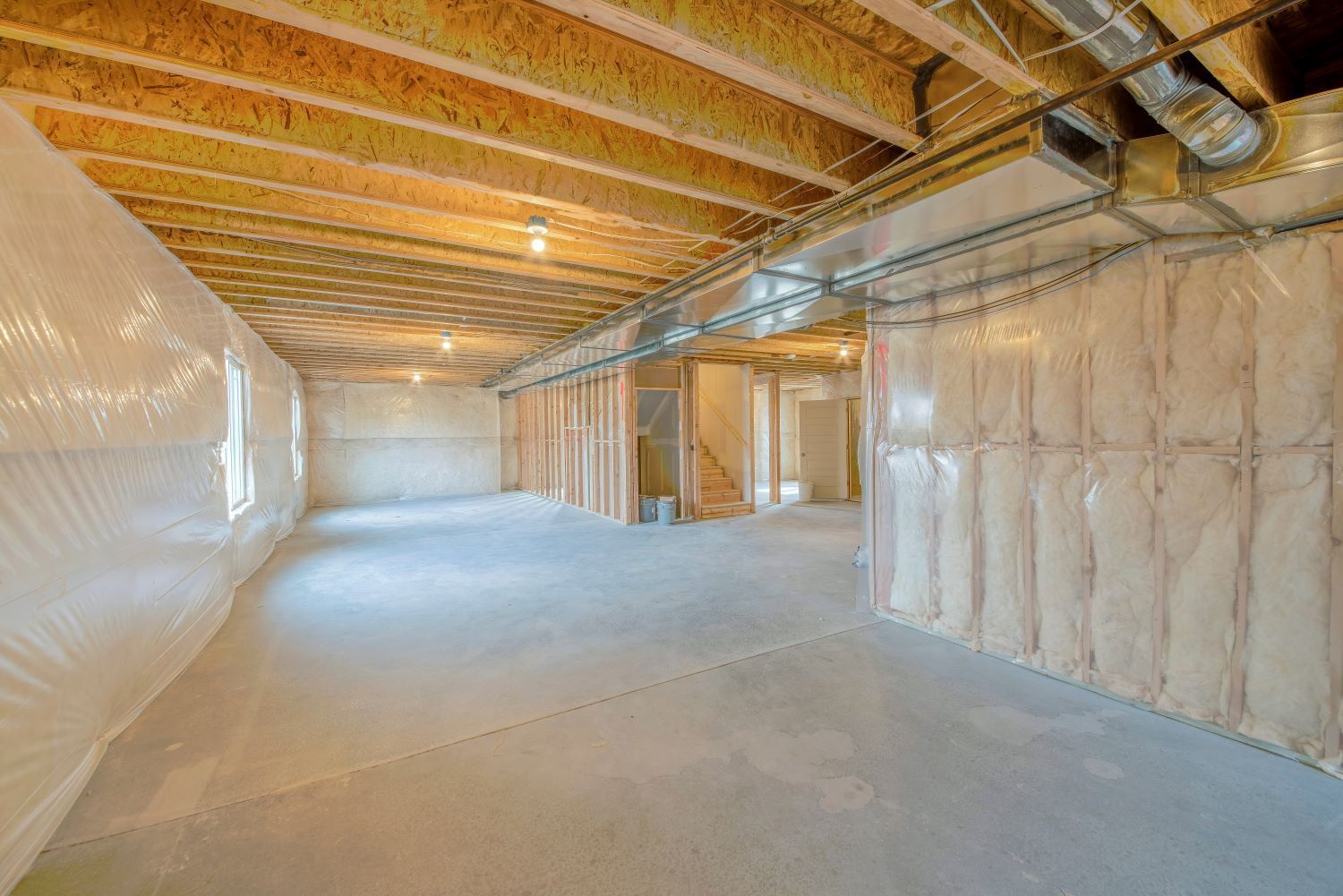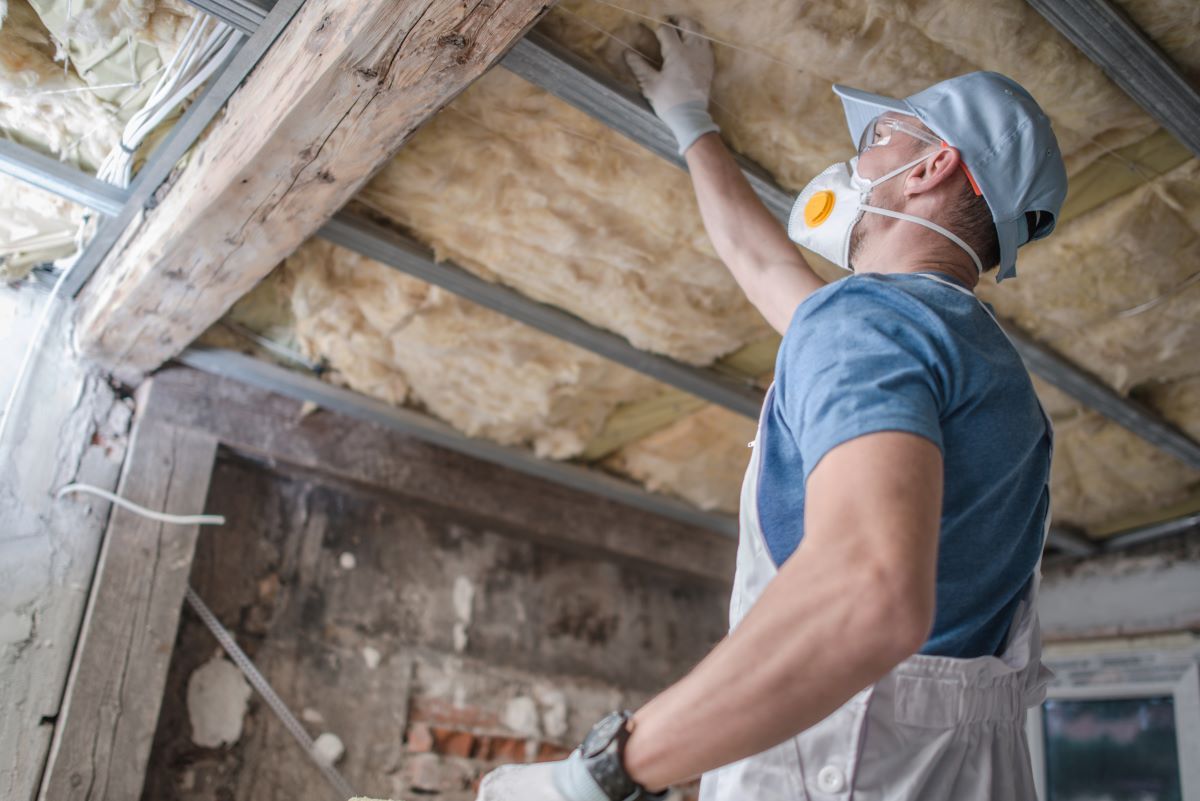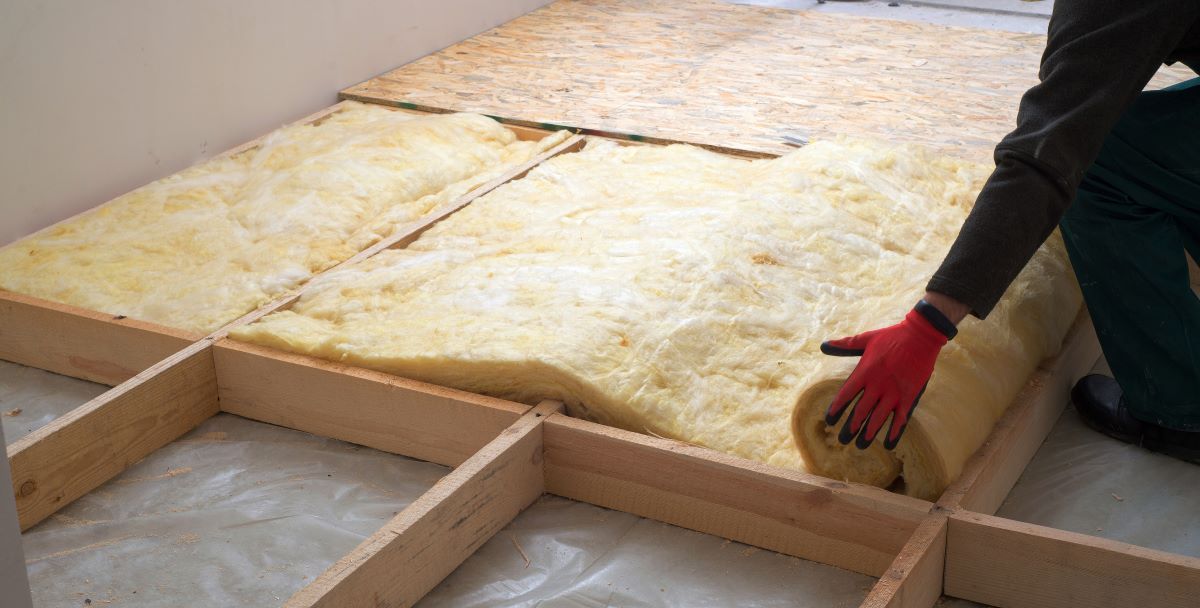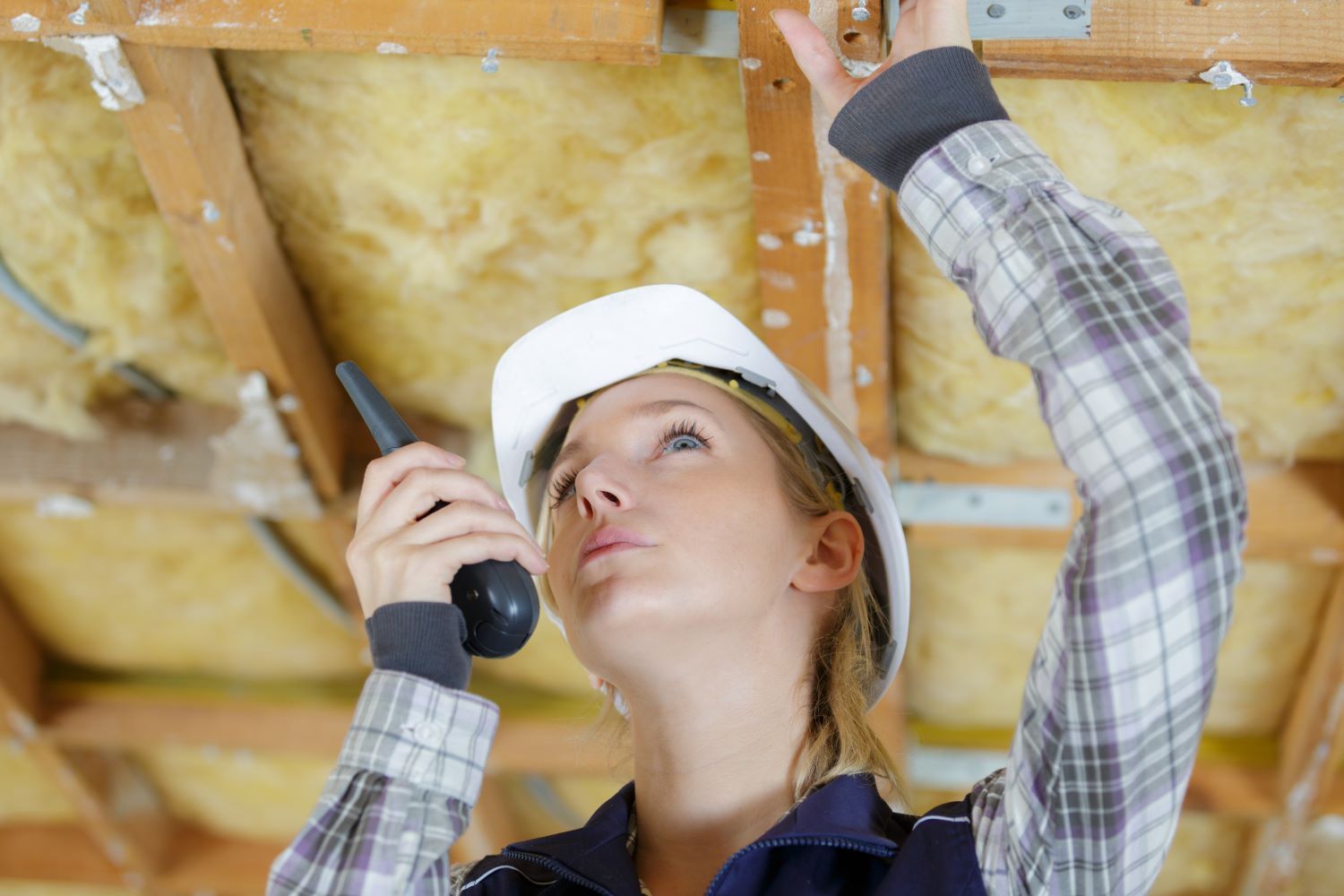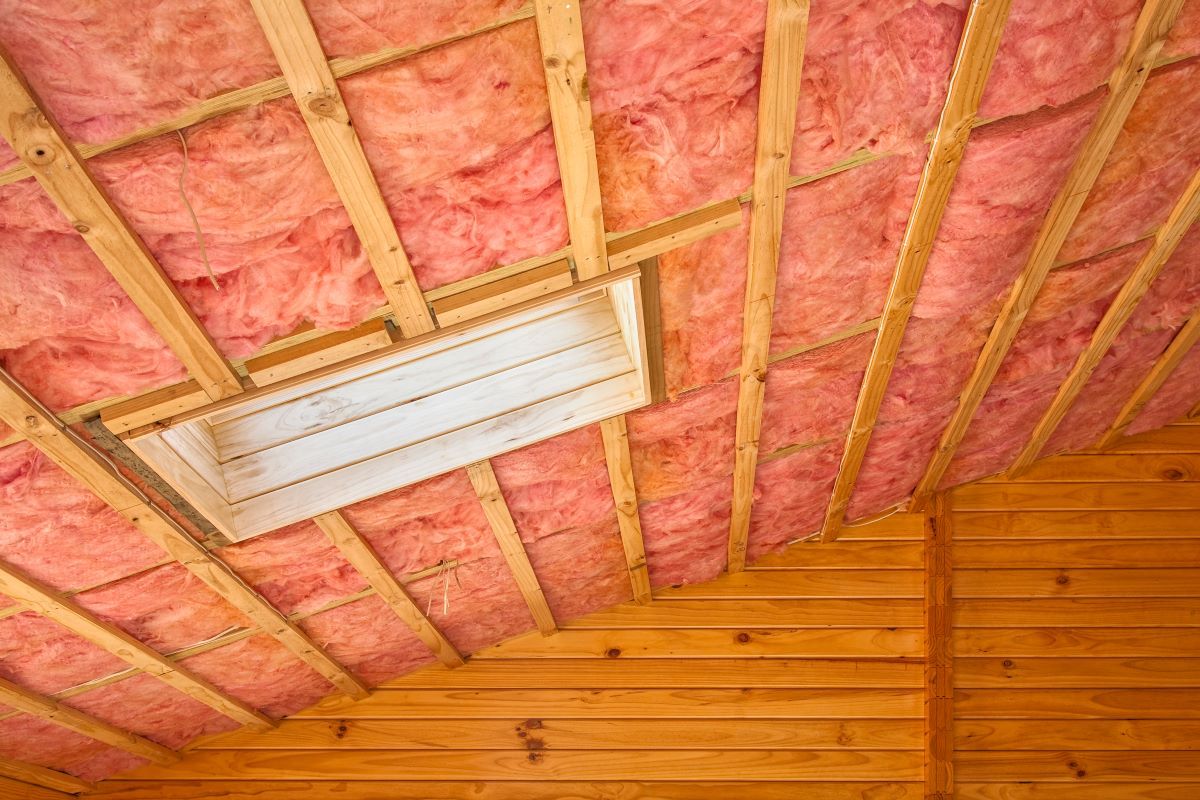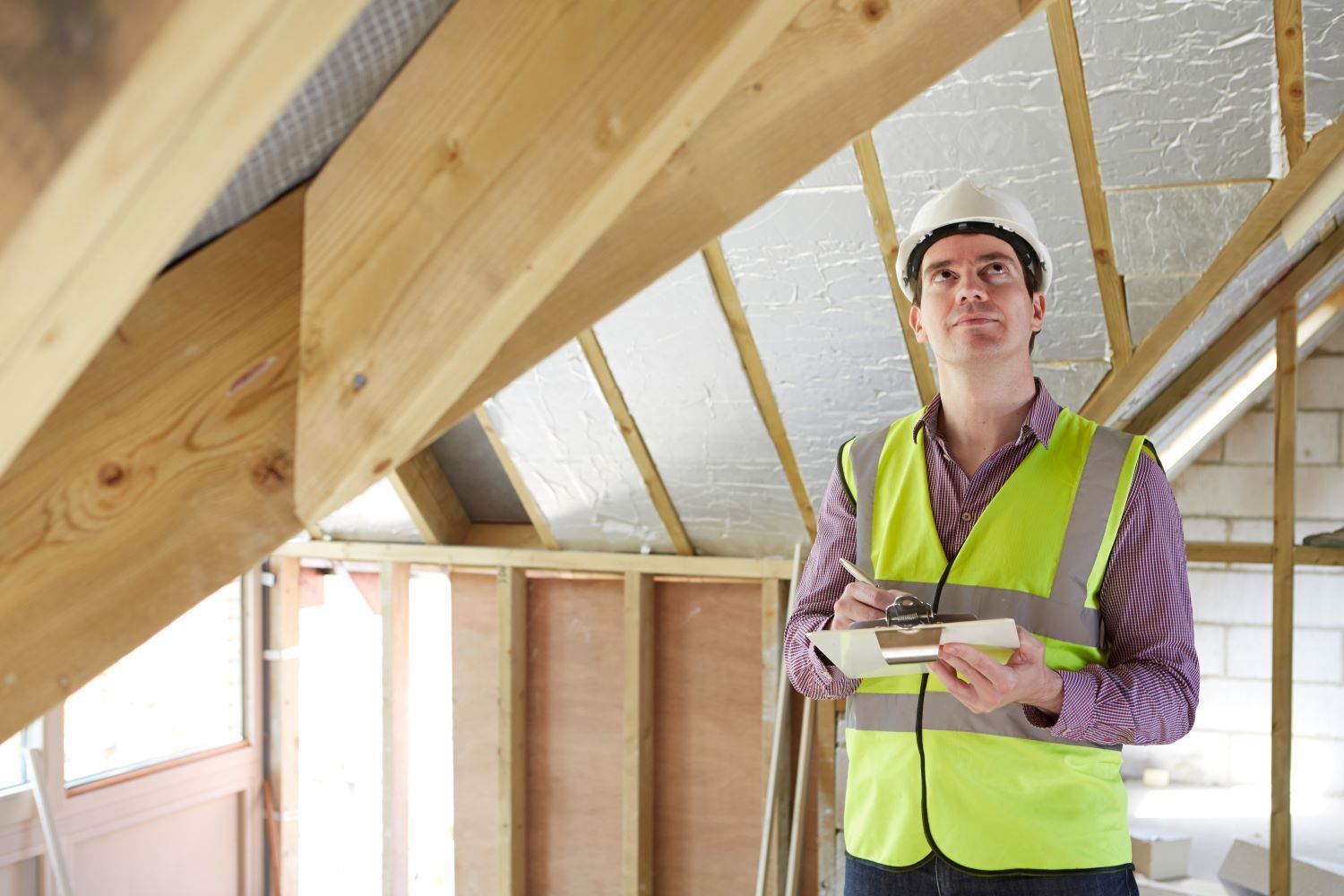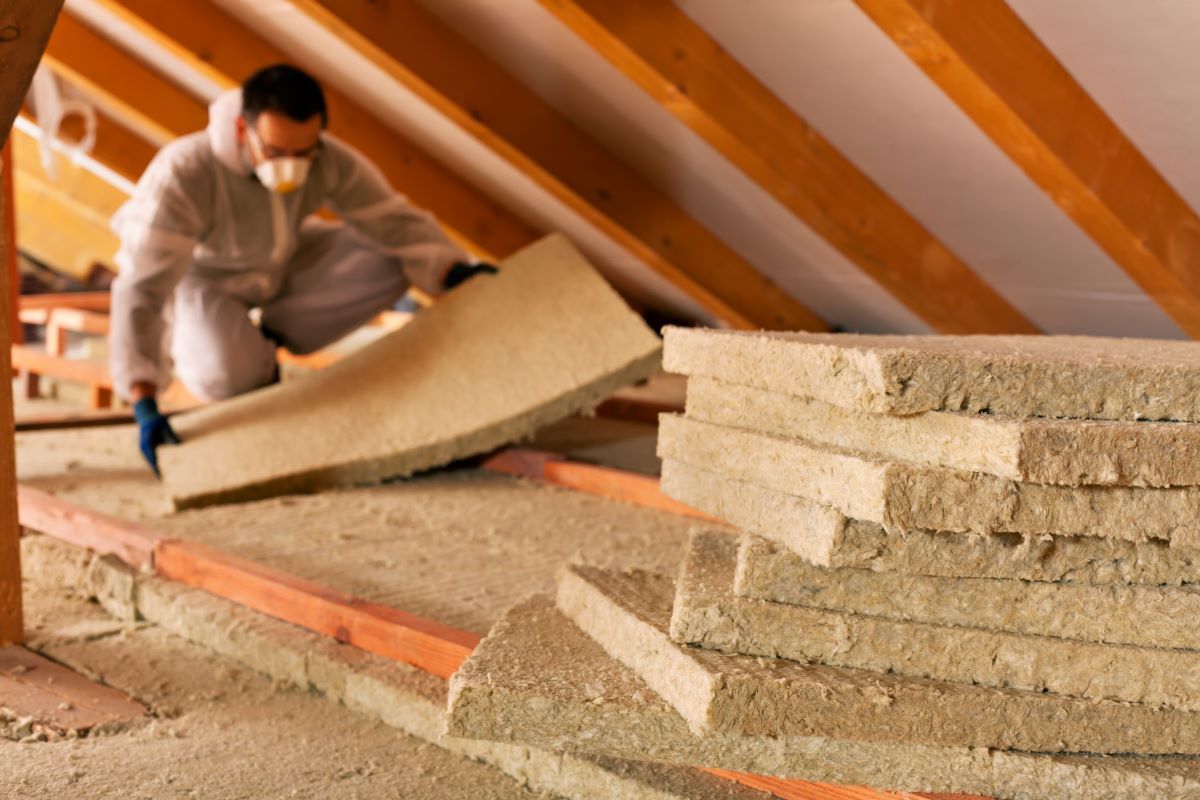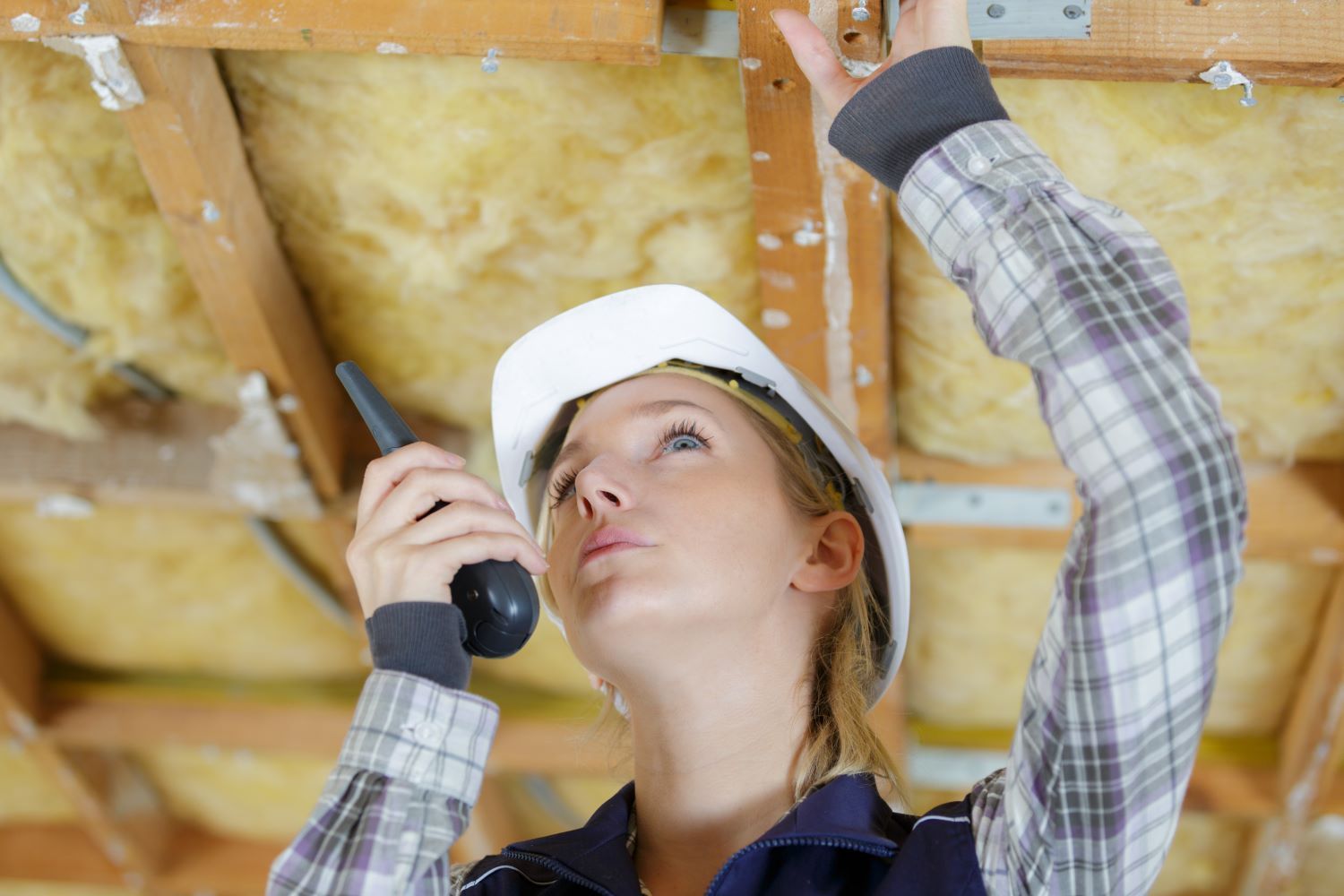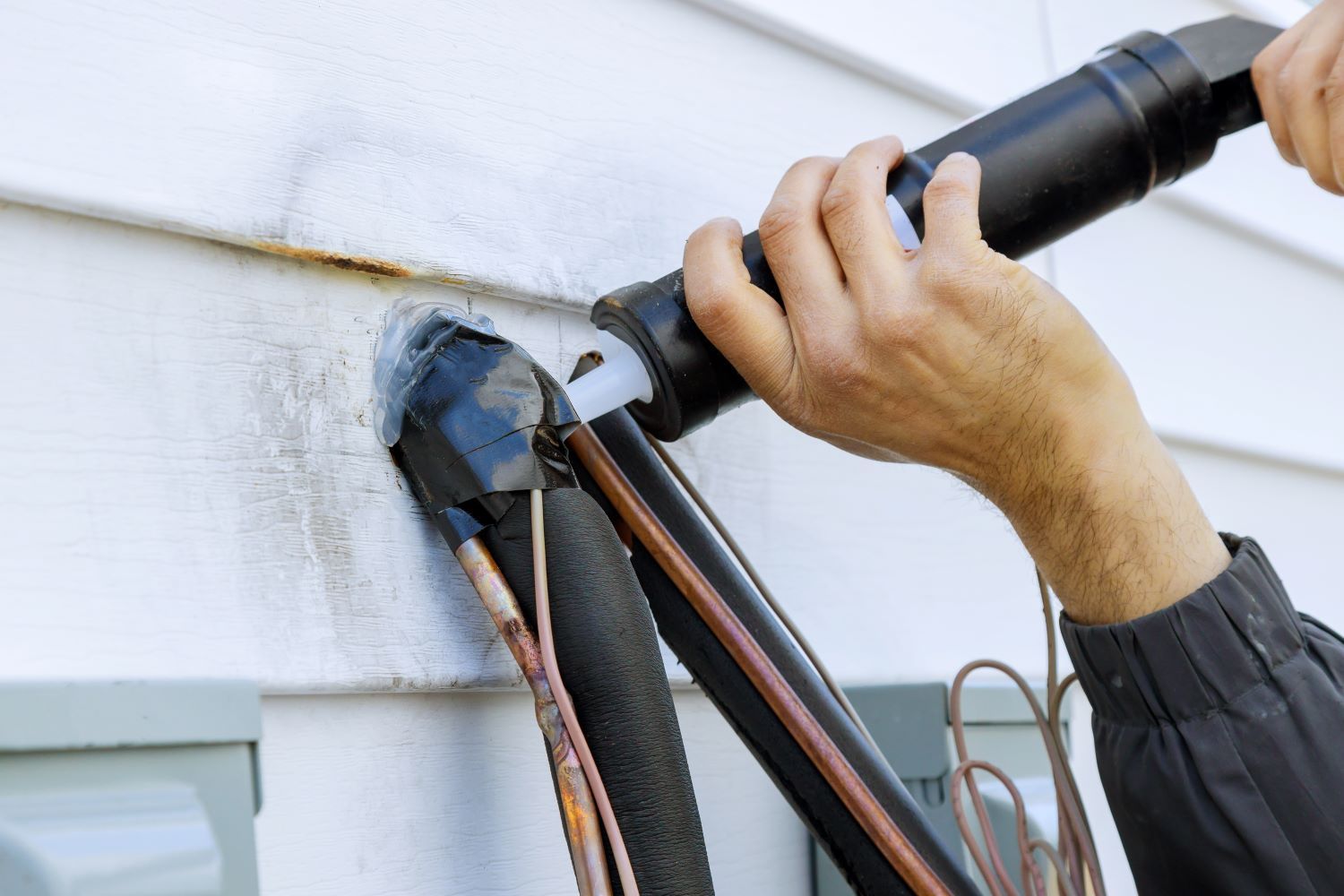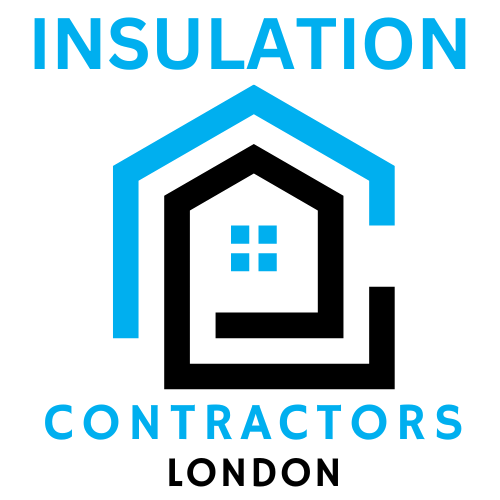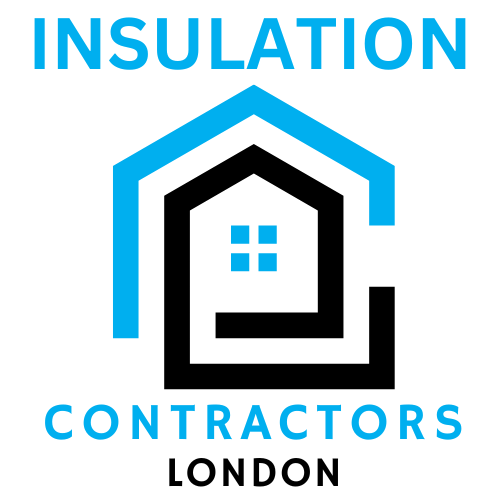Inspect and Improve Insulation in your Home
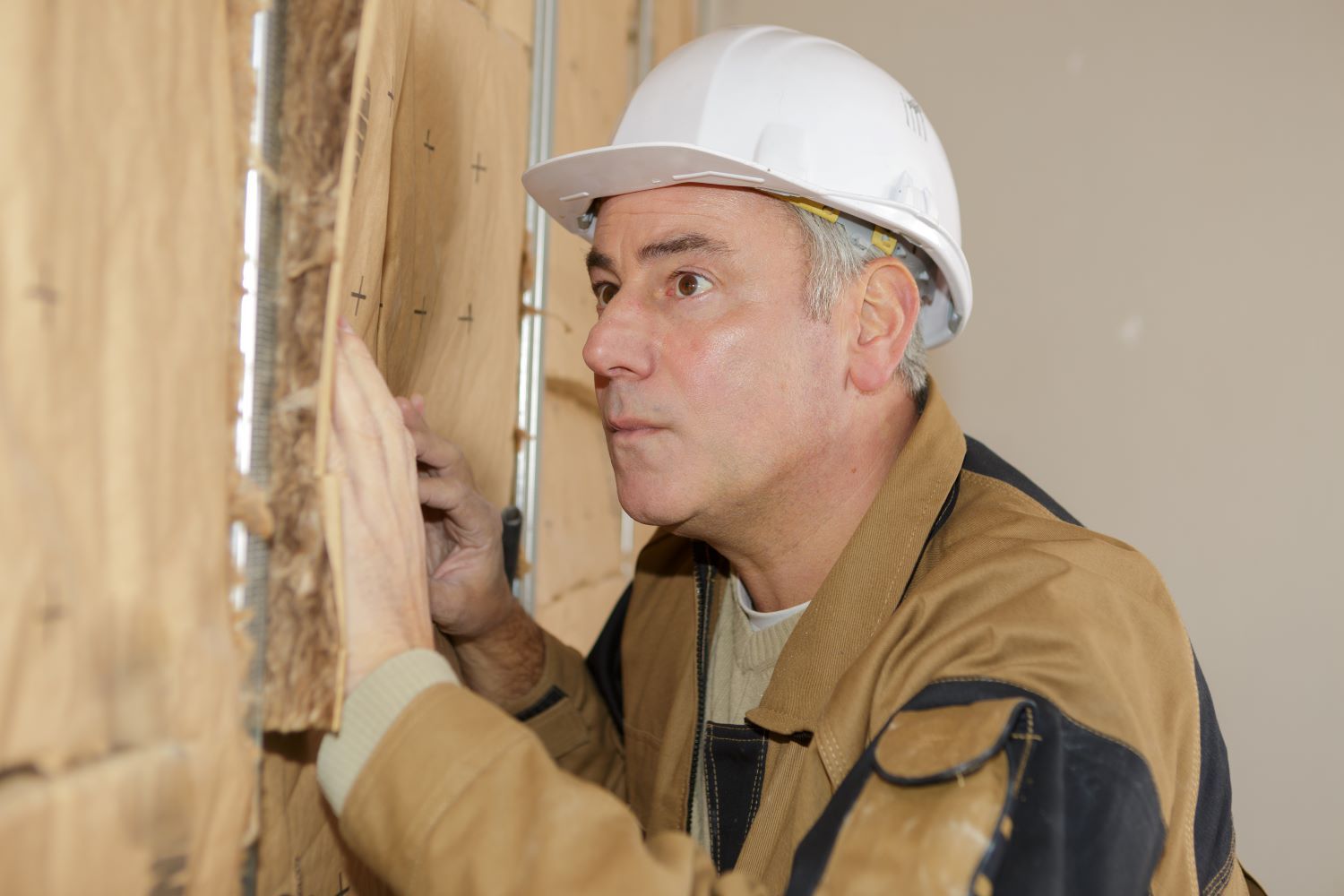
As homeowners, we often prioritize aspects of our homes that are visible and easily noticeable, such as interior décor or exterior landscaping. However, one crucial component that often goes unnoticed is insulation. Insulation plays a pivotal role in maintaining indoor comfort, energy efficiency, and overall structural integrity. Over time, insulation can degrade, become damaged, or lose effectiveness, leading to increased energy costs, reduced comfort levels, and potential structural issues. This is where insulation inspection becomes paramount. In this blog article, we'll delve into the importance of conducting a thorough insulation inspection and outline the process involved.
Why Insulation Inspection Matters:
- Enhanced Energy Efficiency: Proper insulation is key to minimizing heat loss during the winter and heat gain during the summer, ultimately reducing the workload on your heating and cooling systems. However, inadequate or deteriorated insulation can result in energy wastage, leading to higher utility bills and reduced energy efficiency. By conducting regular insulation inspections, homeowners can identify areas of concern and take corrective measures to improve energy efficiency and lower energy costs.
- Optimized Indoor Comfort: Effective insulation helps maintain consistent indoor temperatures, creating a comfortable and conducive living environment for occupants. Inadequate insulation, on the other hand, can lead to temperature fluctuations, drafts, and uneven heating or cooling throughout the home. By ensuring that insulation is in optimal condition, homeowners can enjoy enhanced comfort year-round, regardless of external weather conditions.
- Preservation of Indoor Air Quality: Insulation also plays a crucial role in controlling moisture levels and preventing condensation within wall cavities and attic spaces. Excessive moisture can lead to mold growth, mildew, and indoor air quality issues, posing potential health risks to occupants. Through regular insulation inspections, homeowners can detect and address moisture-related issues promptly, safeguarding indoor air quality and promoting a healthier living environment.
- Protection of Structural Integrity: Moisture infiltration through damaged or inadequate insulation can compromise the structural integrity of a home, leading to wood rot, mold growth, and other structural issues. Regular inspections allow homeowners to identify potential moisture problems early on and take preventive measures to protect the integrity of their homes' structural components.
The Insulation Inspection Process:
- Visual Assessment: The inspection process typically begins with a visual assessment of the home's insulation, including attic spaces, wall cavities, and crawl spaces. Inspectors look for signs of damage, deterioration, compression, or settling, as well as areas of inadequate coverage.
- Thermal Imaging: Thermal imaging technology may be utilized to detect temperature variations and thermal irregularities within the building envelope, indicating potential insulation issues. Thermal imaging allows inspectors to identify areas of heat loss or air leakage that may require further investigation.
- Moisture Testing: Moisture testing may be conducted to assess the moisture content of insulation materials and identify areas of water intrusion or condensation buildup. Elevated moisture levels can indicate leaks, plumbing issues, or insufficient ventilation, all of which can compromise insulation effectiveness.
- Air Leakage Testing: Air leakage testing, such as blower door testing, may be performed to assess the airtightness of the home and identify areas of air leakage that may affect insulation performance. By sealing air leaks and improving airtightness, homeowners can enhance energy efficiency and indoor comfort while reducing heating and cooling costs.
- Inspection Report and Recommendations: Following the inspection, a detailed report is provided outlining the findings, recommendations, and corrective actions needed to address any identified issues. Insulation contractors may recommend repairs, upgrades, or replacements to improve insulation performance and energy efficiency.
Insulation inspection is a critical aspect of maintaining energy efficiency, comfort, and structural integrity within a home. By conducting regular inspections and addressing any identified issues promptly, homeowners can ensure that their insulation continues to perform optimally and provide long-term benefits for their homes and families.
At Insulation Contractors London, we specialize in comprehensive insulation inspection services tailored to meet homeowners' specific needs and requirements. Contact us today to schedule an inspection and take the first step towards a more energy-efficient and comfortable home in London, Ontario.
